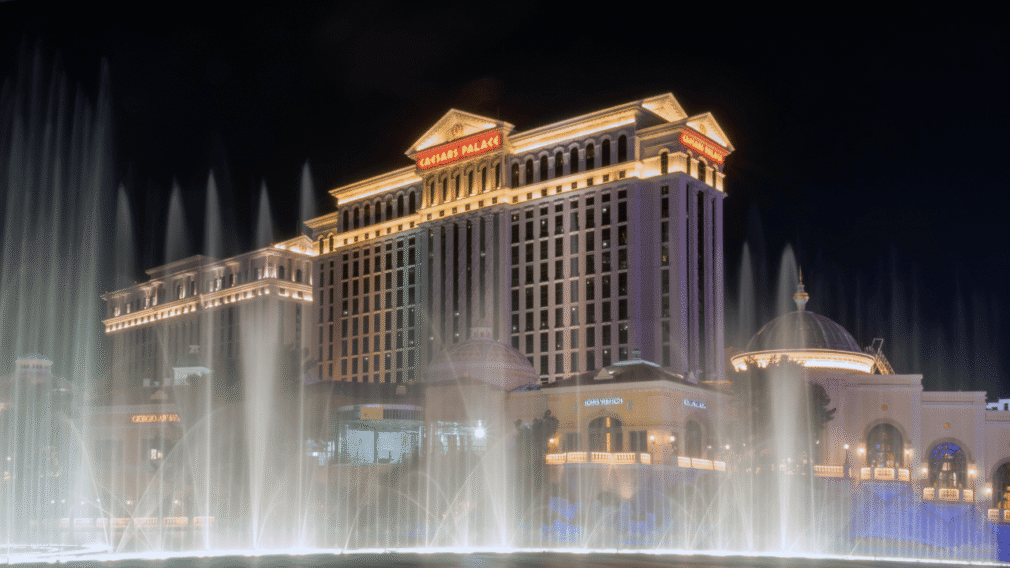Caesars Entertainment Agrees to Pay $7.8 Million Fine for AML Failures
Caesars Entertainment has agreed to pay a $7.8 million penalty to settle a complaint filed by the Nevada Gaming Control Board (NGCB). The payment resolves charges that the casino operator maintained inadequate anti-money laundering (AML) controls for years.

The complaint specifically alleges the company allowed convicted illegal bookmaker Mathew Bowyer to gamble, access credit, and transact business at its Las Vegas properties over a period spanning more than seven years.
The proposed settlement was filed as a stipulation for resolution with the NGCB and the Nevada Gaming Commission (NGC). The NGC is scheduled to consider the agreement at a public meeting on November 20.
If approved, the fine must be paid within two business days. This penalty would rank as the third-largest AML-related fine in Nevada this year, following actions against Resorts World ($10.5 million) and MGM Resorts ($8.5 million).
The Client Suitability Breach
The NGCB’s complaint centers on the activities of Mathew Bowyer, a California man who recently pleaded guilty to illegal gambling and related federal crimes. Bowyer is noted for his connection to the federal case involving Ippei Mizuhara, the former interpreter for Shohei Ohtani, where Bowyer reportedly processed over $326 million in related wagers. He began serving a one-year federal prison sentence in October.
The state claims that Caesars repeatedly overlooked major warning signs regarding Bowyer, spanning from before 2017 to January 2024. Despite numerous red flags, the operator allegedly allowed Bowyer to place millions of dollars in wagers. In 2017, he made deposits exceeding $4 million on various occasions, with casino records showing that the source of these funds could not be verified. From 2017 to 2024, Bowyer bet and lost millions at various Caesars properties in Nevada and California.
In 2019, Caesars Palace identified suspicions about Bowyer’s past after receiving an anonymous tip identifying him as a “bookie.” The firm classified him as “high risk” and suspended his account that June. However, the casino reinstated Bowyer’s account just one month later after he provided a statement showing nearly $3 million in winnings from another casino. Bowyer continued to play at Caesars until January 2024, when the company finally banned him following media reports about a raid on his home.
Systemic Failures in Oversight
The charges against Caesars point to deep flaws in its internal financial monitoring systems. Allegations include failing to determine Bowyer’s source of funds and failing to conduct adequate due diligence after receiving negative information about him. Caesars also allegedly failed to report the matter to its in-house AML officer and did not conduct a formal investigation or audit despite the significant transactions involved.
The agreement requires Caesars to implement heightened compliance measures. As part of the settlement, Caesars neither admitted nor denied the claims. The operator must revise its AML program to align with current regulations. It must also provide annual AML training for its board, senior executives, and property directors. Caesars must appoint a person to oversee client-related AML decisions, including suspensions and reinstatements. A new awareness campaign for frontline staff is also mandated to promote the reporting of suspicious activity.
This is not the first AML action against the operator. In 2015, FinCEN imposed an $8 million civil penalty on Caesars Palace, and the NGCB required an additional $1.5 million for similar failures in monitoring high-value clients in private gaming salons. The recurring issues highlight a persistent problem in Nevada casinos of prioritizing the business of high-roller clients despite problematic histories or weak financial documentation.
Recommended
